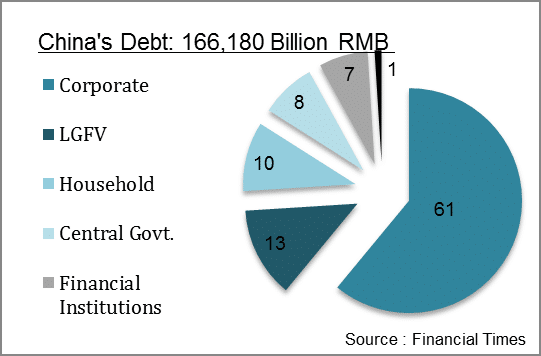The Experimental Economy of China
China’s economy has always played a very unique role in challenging the global markets. China’s approach to establish two of its own banks, namely BRICS led National Development Bank and Asian Infrastructure Investment Bank (better known as AIIB) has made it evident that it wanted to rely less on the western world and wanted other Asian economies to join in. With the establishment of BRICS, China aimed to reverse the power play game of developed nations like US and Japan.





